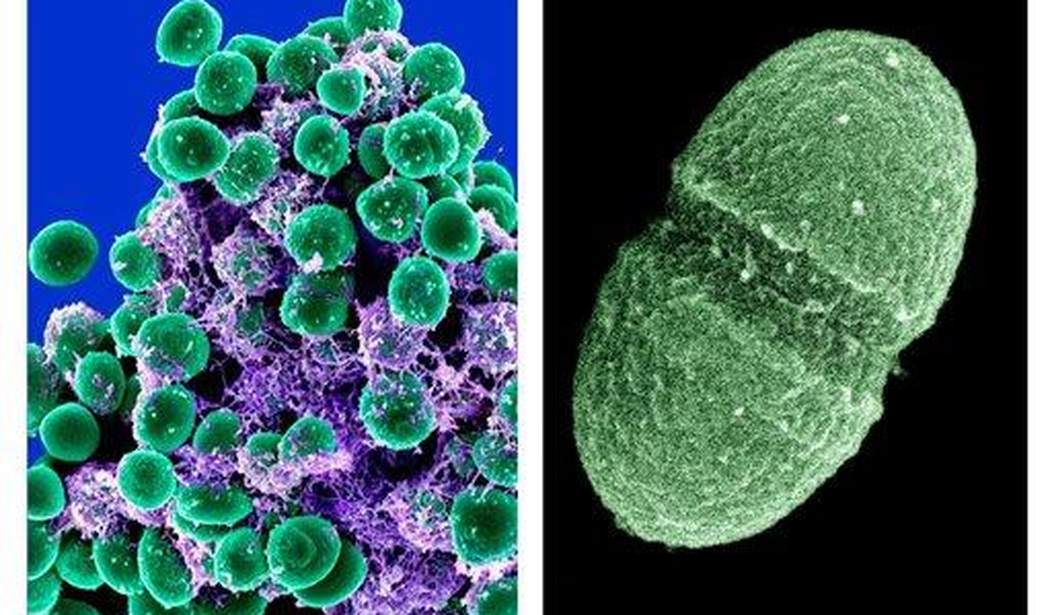Just in case you weren't already familiar with the name, Henrietta Lacks was a young African-American woman who was born under the name Loretta Pleasant in Virginia, but would later marry and move and live in Maryland in the first half of the 20th century. Her name eventually became forever associated with the word "immortal." Tragically, Mrs. Lacks herself was not immortal. Far from it. She only made it to the age of 31 after developing cervical cancer. She went for treatment at Johns Hopkins, where two sets of tissue samples were removed from her surgically for diagnosis and study. One set of cancerous cells turned out to be remarkable and essentially unique. When kept under the right conditions, Henrietta Lacks' cells were found to be literally immortal. They were named HeLa cells and they could keep reproducing forever. It's the only known line of human tissue cells ever found to behave in this fashion. Researchers quickly began growing them and distributing them for research study programs and that same line of cells is still in use to this day. Great advancements have been made since then, and we may never know how many women's lives have been saved thanks to the research that this woman's cells made possible.
There's one problem, however. The doctors at Johns Hopkins and the other researchers who would go on to work with these miraculous cells never told Henrietta or any of her family members about the removal of the tissue or the discoveries that came from it. In fact, the family wouldn't learn of their ancestor's remarkable contributions until the 1970s. In the meantime, a lot of pharmaceutical companies made vast amounts of money from the breakthroughs that were achieved. Now the family wants them to pay up. Several lawsuits have already been filed, but the Big Pharma companies are fighting them tooth and claw. Two more lawsuits were recently filed against Novartis and Viatris for profiting from their relative's genetic contributions without compensation or consent. (CBS News)
The family of Henrietta Lacks filed a lawsuit against two more pharmaceutical companies for profiting from her immortal HeLa cells without their consent.
Lacks' family is suing Novartis and Viatris, alleging these multibillion-dollar biopharmaceutical corporations unjustly enriched themselves by profiting from Lacks's genetic material without her family's consent.
"Novartis and Viatris made conscious choices to commercialize the living genetic material of Henrietta Lacks, a Black woman, grandmother, and community leader whose tissue was taken without her knowledge or consent by doctors she trusted with her life," said attorney Chris Ayers. "We will continue to pursue justice for Mrs. Lacks and her family."
There's something very wrong about all of this. The Pharmaceutical companies have essentially been arguing that there was no regulatory policy in place in 1951 requiring patient consent for the removal and culturing of tissue samples or the use of those samples for research purposes. They will also note that all of the doctors and researchers involved in the surgery and the initial culturing of the cells are long since dead and buried. Today's researchers are simply using the same samples that have been handed down to them for generations. Perhaps there is some legal merit to that argument, but that doesn't make what has been transpiring "right" in any way, shape, or form.
You can do some reading and learn many of the details of Henrietta Lacks' life. (Wikipedia actually has a good, digestible history.) Mrs. Lacks lived a short, brutally difficult, and ultimately tragic life. She grew up working on a tobacco farm from childhood, serving effectively as a slave in all but name. The only reason she was forced to travel to Johns Hopkins for treatment was that it was the only hospital in the region that would accept a Black patient at that time. The treatment she received was not good. She was misdiagnosed at least twice and was sent home in great pain having received little in the way of relief. When she died of her illness at the tender age of 31, her family was so poor that they couldn't even afford a proper burial. She was laid to rest in an unmarked plot in a pauper's graveyard. Her family doesn't even know the precise location of her grave to this day.
And yet, at the end of that tragic life, Henrietta Lacks left behind a gift that turned out to be precious beyond reckoning. She died of a medical condition that today would be entirely treatable, even if the patient required a hysterectomy to save them. As noted above, we will likely never know how many women's lives have been saved as a result. So perhaps Big Pharma may not be legally required to compensate the family, but there is also such a thing as choosing the morally correct option. These Big Pharma companies should compensate the family and they should take a bit more of that money they raked in and put up a glowing memorial to Henrietta Lacks somewhere so the world will know what she left behind for women everywhere.








Join the conversation as a VIP Member